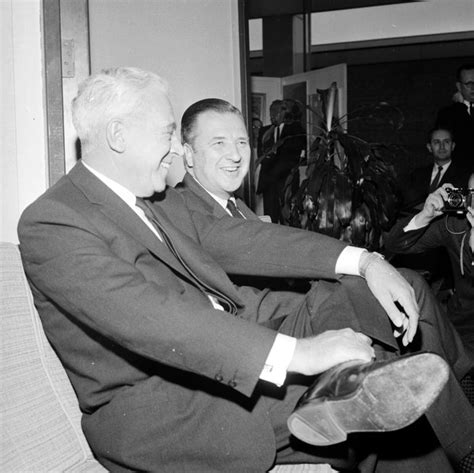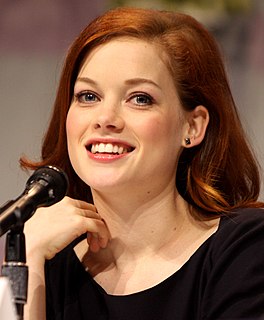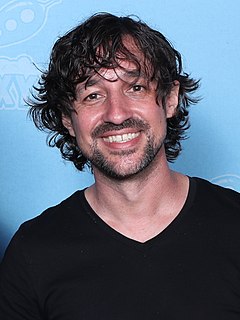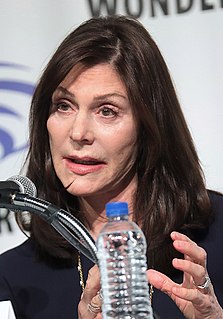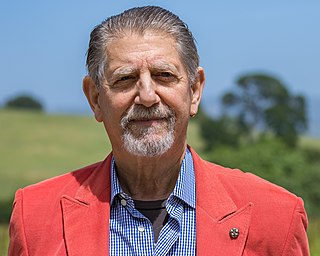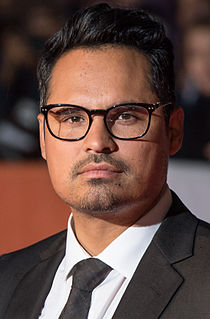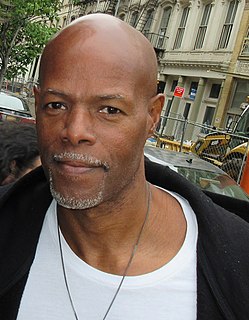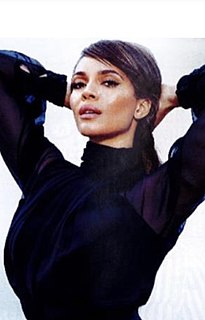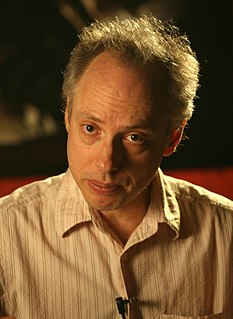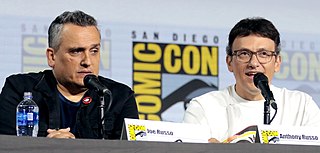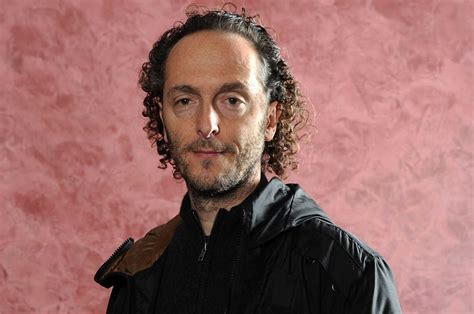A Quote by Dwayne Johnson
When I first came into acting, I had great opportunities to make a decent movie. I had a run there in 2005, '06, '07 - for a long time it was "Oh, he's the best thing in the movie that's not that good." I started questioning: Did I make the right choice? Should I have stayed in wrestling a bit longer? And then budgets became lower and lower and the pay kinda stayed the same and there wasn't a lot of growth.
Related Quotes
I came in on this movie after there had been a director and I came in after Tom Courtenay had talked to Ron Harwood about making a movie. So, you know Tom and Albert Finney had been friends since the beginning of their career as they became stars around the same time - Tom always reminds me that Albert was first with Saturday Night and Sunday Morning and then Tom with The Long Distance Runner.
I started out as an actor, but I forced myself to be a writer, even though I wasn't very good at it and had never written. I don't think I ever passed an English course in my life. My first eight to 10 scripts were pretty horrendous, but I stayed at it, stayed at it, and stayed at it, until I eventually found a voice and a subject like Rocky that people were interested in.
The first role I ever played I had the lead and it's pretty much stayed that way, though people take great relish in calling me a character actor, which I am. There are a lot of short parts I could play, but I only do them when they are like this ("A Few Good Men"), central to the idea of the movie.
My grandfather and his wife came to America at the end of the 19th century from Hungary. Everyone started out on the Lower East Side. They became embourgeoise and would move to the Upper West Side. Then, if they'd make money, they'd move to Park Avenue. Their kids would become artists and move down to the Lower East Side and the Village.
You try to make them comfortable so they can do what they're best at, and make them shine. You always want to make an actor shine. I'm of the mind that there's no one - you, your mother, anyone, that if in the right place at the right time in the right context, couldn't shine in a movie. And so if it means, "Oh, I have to make them uncomfortable," then whatever it takes to get what I need up onscreen. It's all in the service of the story.
I had my group of friends, and they stayed my group of friends, they were good about that. We all started to succeed at the same time, so that sort of took the curse off it. I didn't have a bunch of people scowling at me and being potentially jealous. I just had good friends who I was able to help, and they helped me. Yet it eventually came to feel debilitating.

